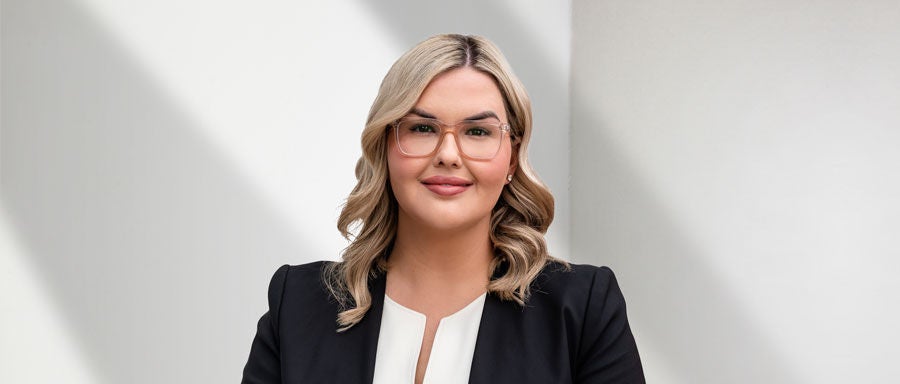World Cancer Day is held on the 4th of February each year. This year’s theme is Close the Care Gap to reduce the global impact of cancer. World Cancer Day acts as a powerful reminder that we all have a role to play in reducing the global impact of cancer.
Cancer is the second leading cause of death worldwide, with 10 million people dying from cancer every year.
In our experience, the most critical component to reducing the impact of cancer is early detection and treatment. Statistics say that at least one third of all deaths related to cancer could be prevented through routine screening and early detection in treatment.
Our client, Linda, has shared her story to raise awareness about delays in treating and the importance of early management and treatment.
Linda’s story
In August 2020, Linda sneezed out a piece of tissue from her nose which was confirmed to be a squamous cell carcinoma. Squamous cell carcinoma is a common type of skin cancer. Linda underwent surgery, however following her surgery she wasn’t provided with radiotherapy. She experienced ongoing symptoms and issues which she reported to her medical practitioner. Linda and her family advocated for her to receive a second opinion.
Linda’s condition is now terminal, and she has undergone extensive surgery, including facial resection which resulted in the loss of her right eye. Linda’s physical appearance has changed significantly which has caused a severely negative impact on her mental health.
Linda now requires care and assistance from her family and carers and says her life has drastically changed. Linda alleges that had her condition been appropriately managed at an earlier time, it is more likely she would have had a significantly better outcome.
Possible cancer signs and symptoms
The World Cancer Organisation has published information regarding key signs and symptoms to look out for, including:
- Unusual lumps or swelling
- Unexplained weight loss
- Appetite loss
- Unexplained bleeding
- Changes in bowel habits
- Fatigue
- Pain or ache
- New moles or changes to moles
- Heavy night sweats
- Sores that won’t heal
- Unusual changes to your body
There are several different types of cancers and symptoms vary. You should seek medical advice for any abnormal or persisting concerns.
Asking for the right medical treatment
If you have any unexplained symptoms, you should consult with your medical practitioner. If your symptoms haven’t resolved or you aren’t satisfied with the explanation or treatment provided, you are within your rights to seek a second opinion or ask for a referral to a specialist.
If there are delays in seeing a specialist or receiving appointment details from the hospital, you are within your rights to follow up your appointment. Be sure to advise your doctor if any of your symptoms have changed so that the full extent and severity of your symptoms are known.
What to do if you experience a delay in diagnosis
If you have experienced a delay in the diagnosis of your cancer and suffered a poor outcome because of this, you should seek advice as soon as possible.
If you have suffered an injury as a result of unreasonable medical treatment, or delayed diagnosis, contact us for a confidential and free discussion. We can talk to you about your situation and whether you may be entitled to compensation.
Our medical negligence lawyers often hear stories about missed opportunities to diagnose cancer at an earlier stage. Whether due to misdiagnosis, a failure to acknowledge a patient’s symptoms or perform the appropriate investigations, a delay in the diagnosis can result in devastating injuries and in some cases, avoidable death.
Speak to a medical negligence lawyer
We've successfully represented hundreds of patients and their families in complex and sensitive cases.
We can help with medical negligence claims
Our team of expert medical negligence lawyers are here to help you understand your legal options and to achieve the best possible outcome for you.
Easy ways to get in touch
We are here to help. Give us a call, request a call back or use our free claim check tool to get in touch with our friendly legal team. With local knowledge and a national network of experts, we have the experience you can count on.
Office locations
We’re here to help. Get in touch with your local office.
Select your state below
- VIC
- QLD
- NSW
- ACT
- WA
- SA
- TAS
- NT
We have lawyers who specialise in a range of legal claims who travel to Australian Capital Territory. If you need a lawyer in Canberra or elsewhere in Australian Capital Territory, please call us on 1800 675 346.
We have lawyers who specialise in a range of legal claims who travel to Tasmania. If you need a lawyer in Hobart, Launceston or elsewhere in Tasmania, please call us on 1800 675 346.
/MBL_KirstenVanDerWal_2022-01-14_900x384px.jpg)

/brent-story.png)
/redland-hospital-bowel-cancer-screening-failures-thumbnail.jpg)
/breast-cancer-awareness-month-thumbnail.jpg)